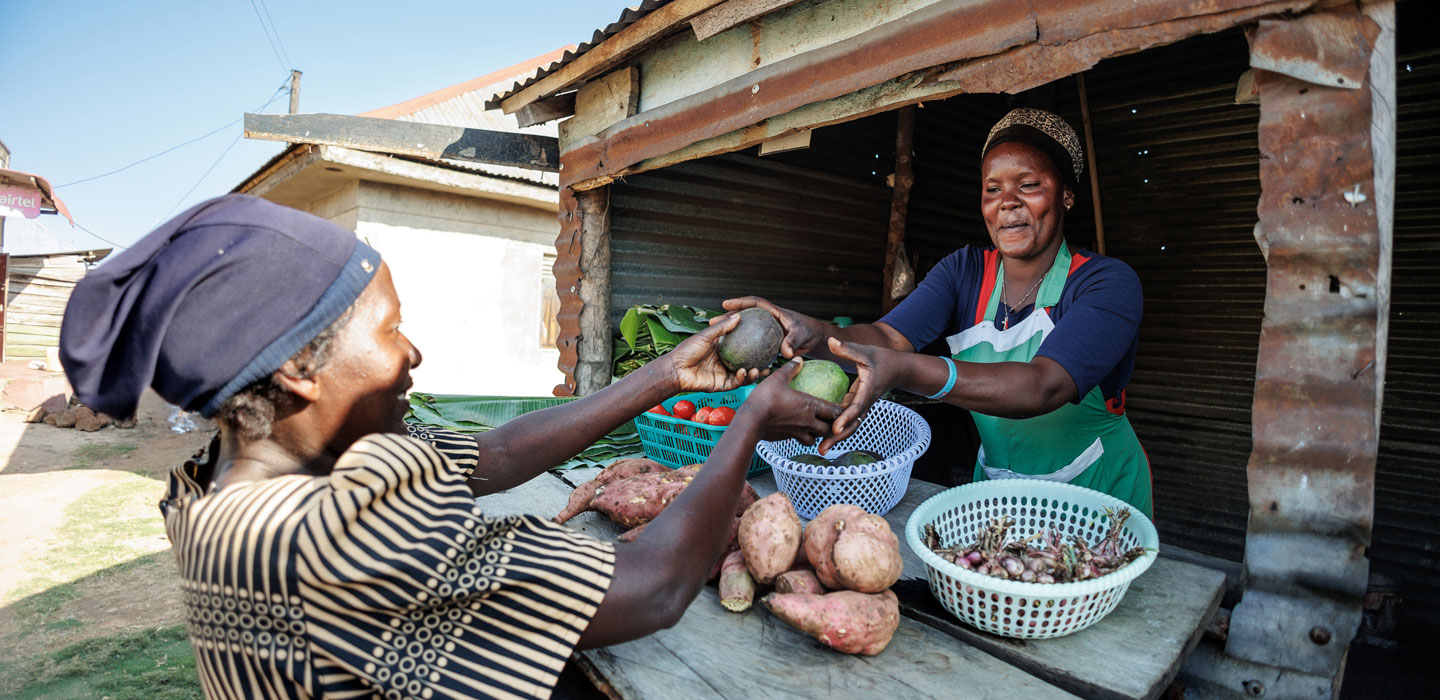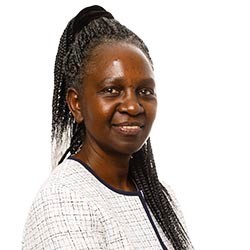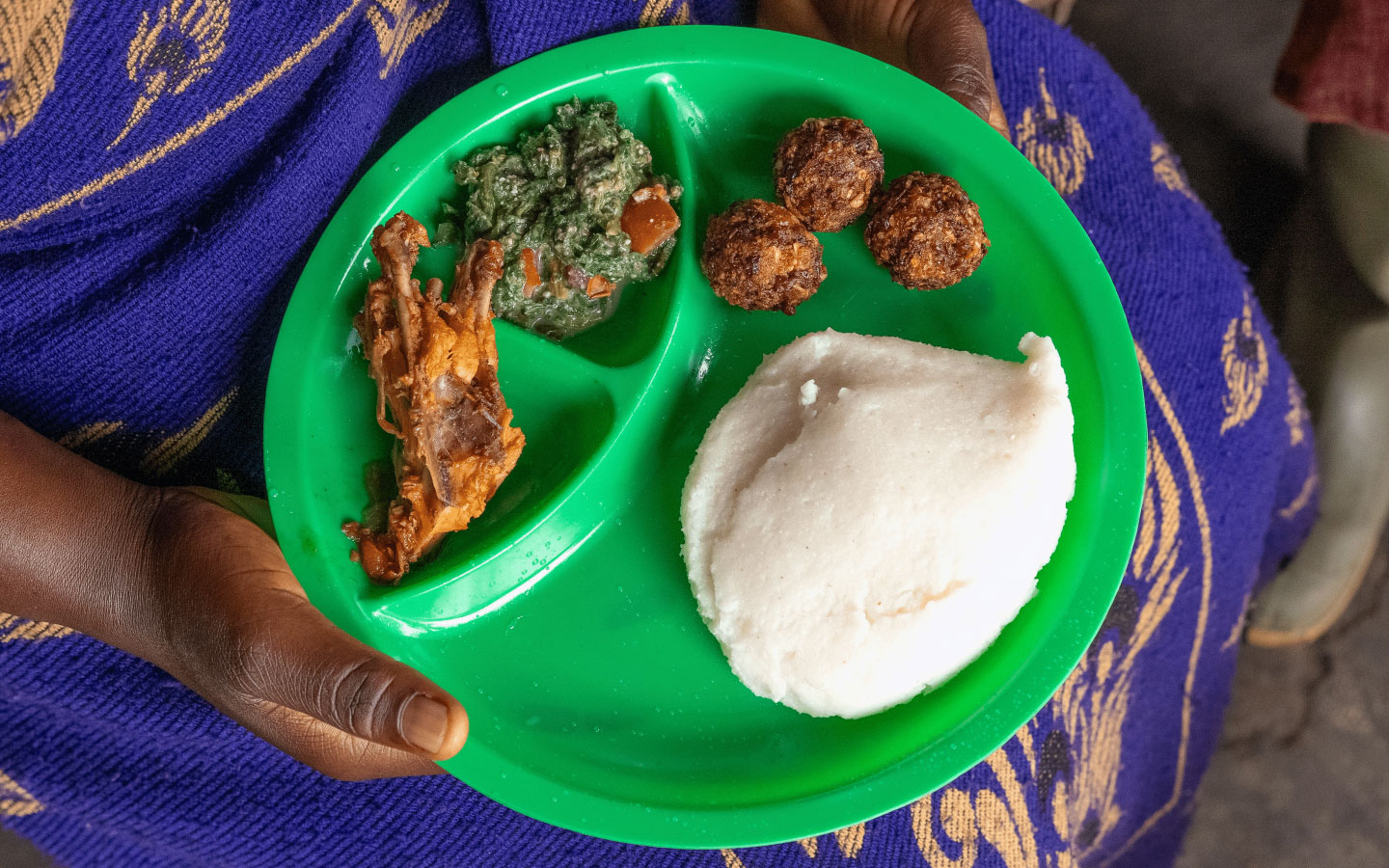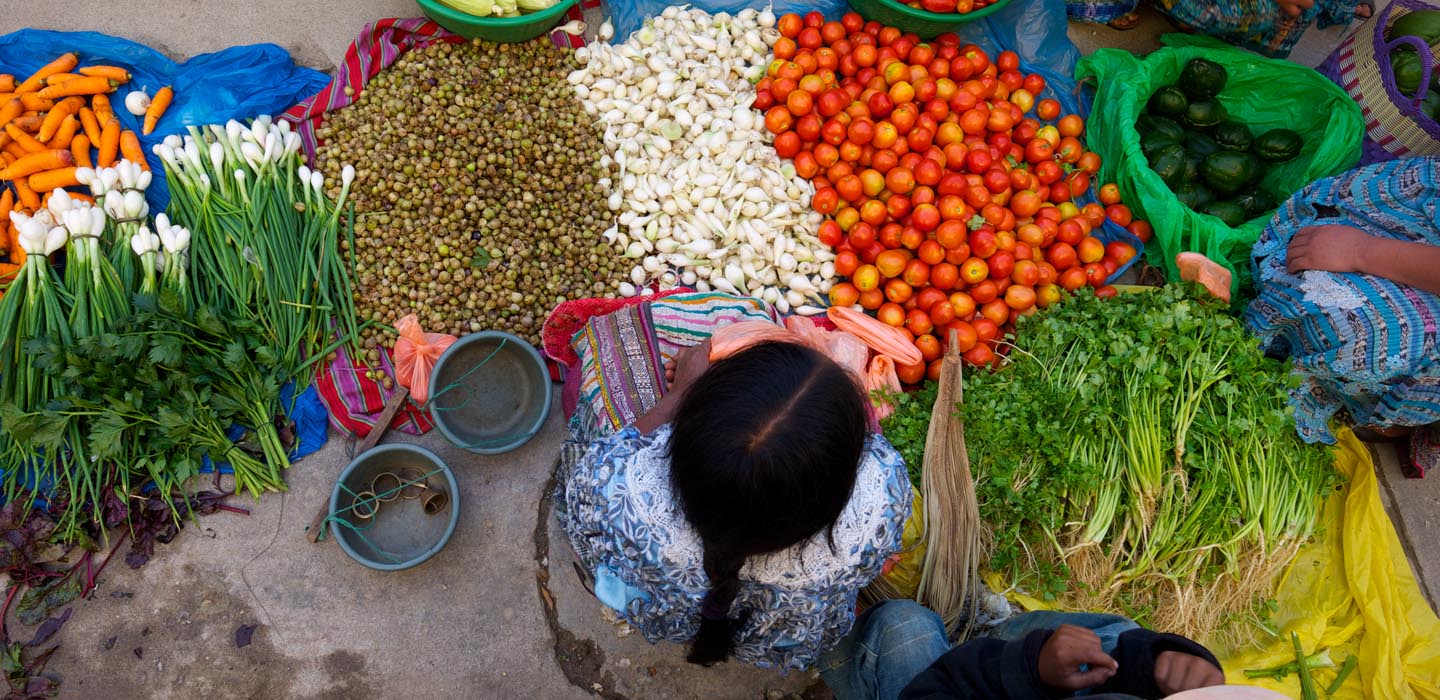Worldwide, approximately three billion people have poor-quality diets and more than two billion people suffer from micronutrient deficiencies. Nearly 25 per cent of children under the age of five are chronically undernourished.
Malnutrition causes health problems and losses in economic productivity, including GDP losses. Over the course of their lifetimes, malnourished individuals can earn 10 per cent less than those who are well-nourished.
Without access to adequate, affordable, nutritious food, generations remain trapped in poverty, unable to take advantage of educational and job opportunities to fulfil their potential.
Investing in nutrition through agriculture is not only socially responsible, it is sound development policy and good economics. Its impact is multi-generational, allowing children to reach their full physical and intellectual potential, so that they can grow into healthy adults and lift themselves out of poverty.
At the forefront of nutrition-sensitive agriculture
Improving food security through better food production systems is at the heart of IFAD’s work. We design our projects through a nutrition- and gender-sensitive lens, helping rural people to improve their diets by growing and consuming diverse, nutritious, safe and affordable foods.
To combat malnutrition, we combine our solid technical knowledge with investments in nutrition- and gender-sensitive agriculture, through unique food-based approaches. We finance nutritional education and support actions that reshape food systems and improve nutrition security.
We also pay special attention to the role of women and adolescent girls, who make up a large percentage of the workforce in agriculture and food systems in developing countries. They are also the safeguards of nutritious diets in their households.
Empowering women by improving their knowledge of nutrition, as well as promoting maternal nutrition and nutrition of adolescent girls, dietary intake, and hygiene behaviours, can reduce undernutrition for entire generations.
Gender-sensitive agricultural projects help ensure women have more control over resources and that both rural men and women understand the important role that they can play in supporting good nutrition.
Climate change exacerbates the already vast burden of malnutrition and undermines current efforts to reduce hunger and promote nutrition.
As a result, IFAD has increased its commitment to providing resources for issues related to nutrition and is mainstreaming nutrition, gender and climate change actions across all of its programmes and projects.
We promote dialogue among concerned partners, including ministries of agriculture and health, as well as between other areas of government and civil society. This strengthens understanding, brokers collaboration, and promotes new pathways for nutrition- and gender-sensitive agriculture.
IFAD also taps into other reservoirs of knowledge and collaborates with institutions with specialized research skills such as national agricultural research centres and international institutes.
Worldwide knowledge-sharing and collaboration
Governments and development partners around the world are increasingly focused on nutrition-enhancing agricultural investments.
More than 50 countries have now committed to the Scaling Up Nutrition (SUN) movement, a clear demonstration that nutrition is high on the global agenda.
IFAD plays an active role in the United Nations Standing Committee on Nutrition (UNSCN), a platform dedicated to an open, substantive and constructive dialogue on global nutrition strategies and initiatives.
Food and nutrition security is both an indicator and a driver of inclusive economic growth and sustainable development. It is also an investment in the future.
For this reason, the scope of global malnutrition demands a robust and collaborative approach, driven by the local realities of smallholders and rural food systems.
Spotlight

Zero waste, full plates: winning with school meals – Episode 54
In this episode, we explore why we must pursue zero hunger and zero waste as joint goals. In particular, we look at how these efforts are crucial for children, who depend on nutritious diets for healthy development.
Projects
Benin
The Market Gardening Development Support Project
Niger
Food Security and Development Support Project in the Maradi Region
Lao People’s Democratic Republic
Southern Laos Food and Nutrition Security and Market Linkages Programme
Experts

Antonella Cordone Senior Technical Specialist, Nutrition

Joyce Njoro
Lead Technical Specialist, Nutrition
Stories and news
Zero waste, full plates: winning with school meals – Episode 54

February 2024 – PODCAST
In this episode, we explore why we must pursue zero hunger and zero waste as joint goals. In particular, we look at how these efforts are crucial for children, who depend on nutritious diets for healthy development.
Sophie Grigson on how diversifying crops in Malawi cultivates sustainability and resilience
February 2024 – VIDEO
IFAD Recipes for Change chef Sophie Grigson travelled to Malawi to meet local small-scale farmers who are fighting back against climate change by diversifying their crops.
Recipes for Change: Nsima with chicken casserole and khobwe balls

February 2024 – STORY
Learn how to make a delicious and sustainable Malawian meal with these recipes collected from rural communities by Chef Sophie Grigson.


